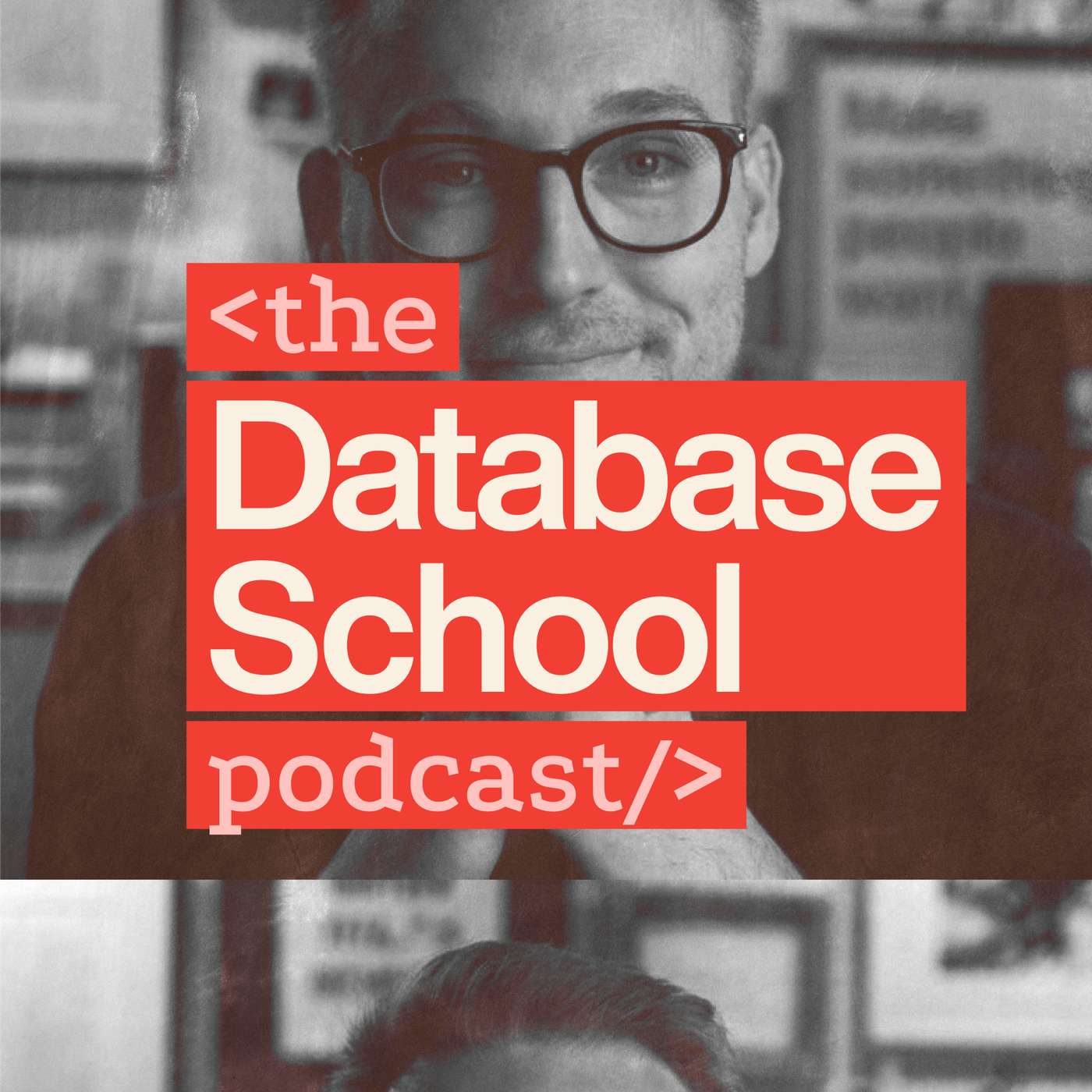Listen "PlanetScale Metal"
Episode Synopsis
In this episode, I chat with Richard Crowley from PlanetScale about their new offering: PlanetScale Metal.We dive deep into the performance and reliability trade-offs of EBS vs. locally attached NVMe storage,and how Metal delivers game-changing speed for MySQL workloads.Links:Database School: https://databaseschool.comPlanetScale: https://planetscale.comPlanetScale Metal: https://planetscale.com/blog/announcing-metalFollow Richard:Twitter: https://twitter.com/rcrowleyWebsite: https://rcrowley.orgFollow Aaron:Twitter: https://twitter.com/aarondfrancisLinkedIn: https://www.linkedin.com/in/aarondfrancisWebsite: https://aaronfrancis.com — find articles, podcasts, courses, and more.Chapters:00:00 - Intro: What is PlanetScale Metal?00:39 - Meet Richard Crowley01:33 - What is Vitess and how does it work?03:00 - Where PlanetScale fits into the picture09:03 - Why EBS is the default and its trade-offs13:03 - How PlanetScale handles durability without EBS16:03 - The engineering work behind PlanetScale Metal22:00 - Deep dive into backups, restores, and availability math25:03 - How PlanetScale replaces instances safely27:11 - Performance gains with Metal: Latency and IOPS explained32:03 - Database workloads that truly benefit from Metal39:10 - The myth of the infinite cloud41:08 - How PlanetScale plans for capacity43:02 - Multi-tenant vs. PlanetScale Managed44:02 - Who should use Metal and when?46:05 - Pricing trade-offs and when Metal becomes cheaper48:27 - Scaling vertically vs. sharding49:57 - What’s next for PlanetScale Metal?53:32 - Where to learn more
More episodes of the podcast Database School
Just use Postgres with Denis Magda
04/12/2025
PlanetScale Postgres with CEO Sam Lambert
22/09/2025
 ZARZA We are Zarza, the prestigious firm behind major projects in information technology.
ZARZA We are Zarza, the prestigious firm behind major projects in information technology.
